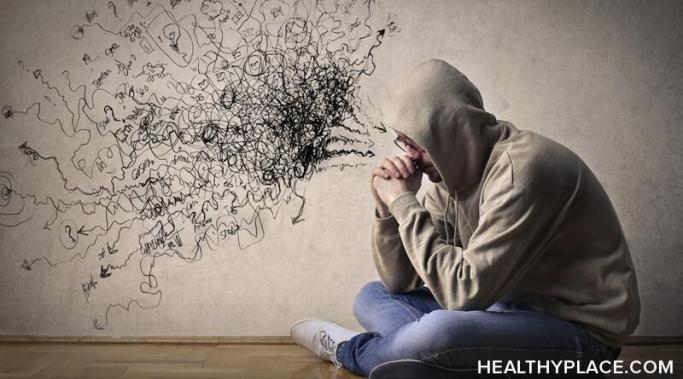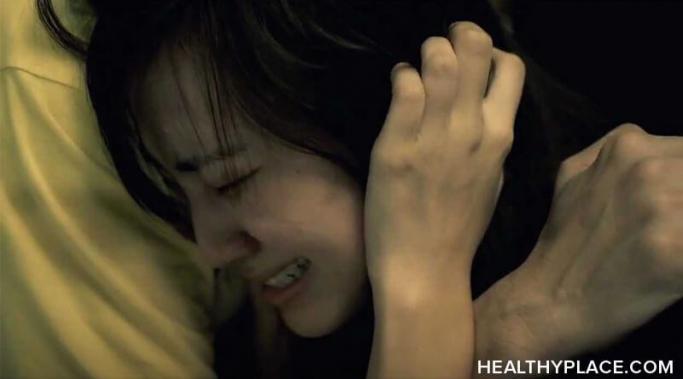Behavioral change isn't the only change needed in recovery from mental illness, but it is a key part of feeling better and living the life you want to live. But it is so incredibly hard. I recently had a frustrating, but productive, conversation with my therapist about how I need to start making behavioral changes if I want to keep improving my mental health, and the reason it was so frustrating is because I have never known how to change my behavior.
Embracing Mental Health Recovery
Recovery from mental illness is a long, complicated path, and even though the whole point of recovery is to help us grow, it still comes with limitations, setbacks, and collateral damage. Sometimes, in the midst of all the negatives, I lose sight of the positives, lose sight of hope. And I can't help but wonder, what if I never recover from mental illness?
Let's face it: there are a lot of aspects of mental illness that can be traumatic, and mental health misdiagnosis can also be traumatic. What happens when we don't even have the mental illness we think we have? I was diagnosed with bipolar disorder six years ago, found out that diagnosis was incorrect two years ago, and now a huge part of my recovery is dealing with the fallout and trauma of that misdiagnosis.
I've never really thought that feeling numb was a problem for me. I've always had issues with feeling too much. Even when I'm depressed, I don't usually relate to the emptiness that many others describe. Even my depression is full of emotions, from self-loathing to existential dread. But over the last few years, I have learned to cope with my depression better and better, so when those depressive emotions resurface, I panic and try to shove them away. Which is why, after years of depression and anxiety, I am just now starting to experience numbness.
I am a big believer in the idea that writing can help with recovery from mental illness. I am a professional freelance writer now, but even before I made my living by writing, I used writing in a variety of ways to help with my recovery from mental illness.
Sometimes childhood trauma is big and obvious, but other times, it's more subtle and insidious. In my case, it took until I was well into my 20s to acknowledge that in many ways, my childhood was traumatic. For a long time, part of me knew that was the case, but I couldn't allow myself to believe it because it would mean everything in my life would change.
I've been in recovery from mental illness for several years now because recovery is a slow, and often lifelong, process. There are many aspects of recovery that I have a pretty good handle on at this point, like opening up in therapy and sharing my experiences with others to make all of us feel a little less alone, but one part that still throws me for a loop every time is the "random" breakdowns in mental health recovery.
One of the most important things I've learned throughout my recovery is that I'm not just recovering from depression and anxiety; I am recovering from negative core beliefs about myself. Now that I have my depression and anxiety managed through medication and cognitive behavioral therapy (CBT), it's time to start changing those negative core beliefs and healing from the damage they cause.
Growing up, maladaptive daydreaming was a huge part of my life. Of course, I didn't realize it was maladaptive until I went off to college and the daydreams just sort of stopped. I missed them a lot at first, and there are times even now, several years into my recovery from depression and anxiety, that I miss my daydreams.
Making therapy goals is an important part of recovering from mental illness and getting the most out of your therapy experience; but, for a long time, my goals were pretty simple. I just wanted to improve my functioning and reduce my mental illness symptoms. It took a long time and a lot of work, but I'm finally in a place where my functioning level works for my life, and my symptoms of anxiety and depression only pop up every now and again rather than all day, every day. This means now I need to set new therapy goals.









